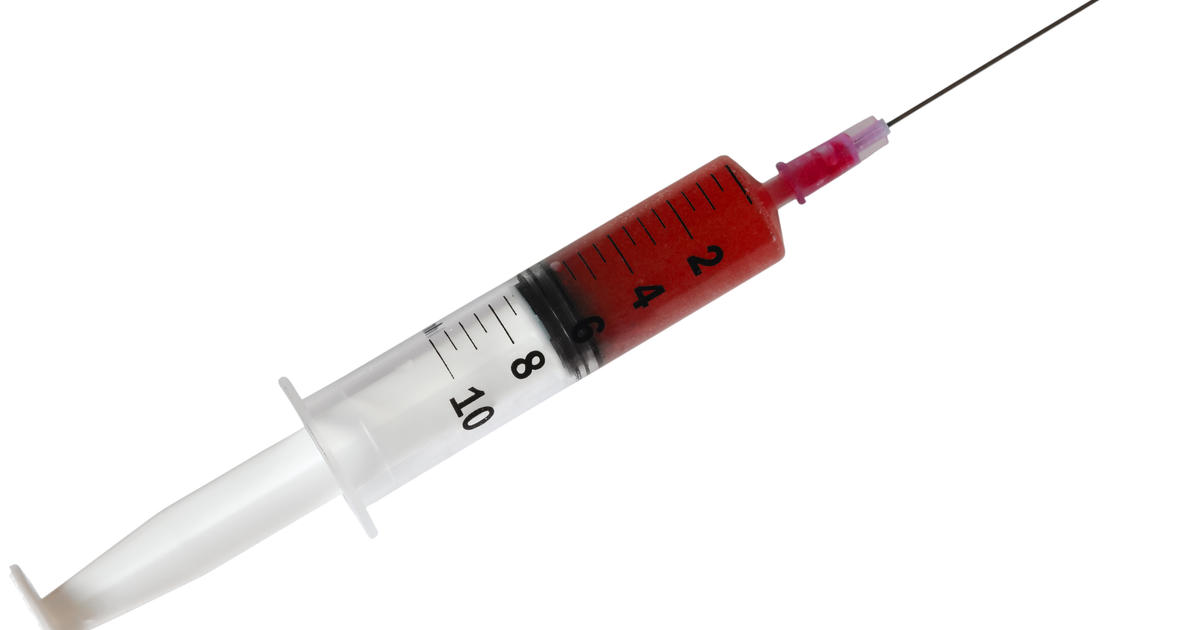FDA advisers endorse gene therapy to treat form of blindness
SILVER SPRING, Md. -- A panel of U.S. health advisers has endorsed an experimental approach to treating inherited blindness, setting the stage for the likely approval of an innovative new genetic medicine.
A panel of experts to the Food and Drug Administration voted unanimously in favor of Spark Therapeutics' injectable therapy, which aims to improve vision in patients with a rare mutation that gradually destroys normal vision. The vote amounts to a recommendation to approve the therapy.
According to Spark Therapeutics' website, inherited retinal diseases are a group of rare blinding conditions caused by one of more than 220 genes. Some living with these diseases experience a gradual loss of vision, while others may be born without the ability to see or lose their vision in infancy or early childhood.
"People can really only see in very bright lights," CBS News medical contributor Dr. Tara Narula explained. "They have blurry vision and eventually lose their vision and become extremely visually impaired over time."
Genetic testing is the only way to verify the exact gene mutation that is the underlying cause of the disease, called Leber's congenital amaurosis (LCA).
On Thursday, children, parents, doctors and scientists spoke to the FDA panel about what it's like to lack and then gain one of our most primal senses.
Cole Carper, an 11-year-old boy who got the therapy when he was 8, describes how sight changed what he knew of the world. When he returned to his home in Little Rock, Arkansas, after treatment, "I looked up and said, 'What are those light things?' And my mom said, 'Those are stars.'"
His sister, 13-year-old Caroline Carper, treated when she was 10, said that afterward, "I saw snow falling and rain falling. I was completely surprised. I thought of water on the ground or snow on the ground. I never thought of it falling," because the sky was something she couldn't see, along with other things like her mother's smile.
"This is the first time that a genetic therapy has been used to treat an inherited disease in the United States," Narula said. "This disorder we are talking about, LCA is a disorder that has no treatment. It has no cure."
The FDA is not required to follow the group's recommendation, but such deliberations are generally the final step in the agency's decision-making process. The FDA has until mid-January to decide. If approved, it would be the first gene therapy in the U.S. for an inherited disease, offering hope to patients with a variety of related conditions.
The treatment, called Luxturna, does not give 20-20 vision or work for everyone, but a company-funded study found it improved vision for nearly all of those given it and seemed safe.
"It's exciting" and in some cases might be a cure, although how long the benefits last isn't known, said Dr. Paul Yang, an eye specialist at Oregon Health & Science University who is testing gene therapies for other companies. "There's nothing else for these kids."
Only one gene therapy is sold in the U.S. now, a cancer treatment approved in August that engineers patients' blood cells in the lab.



